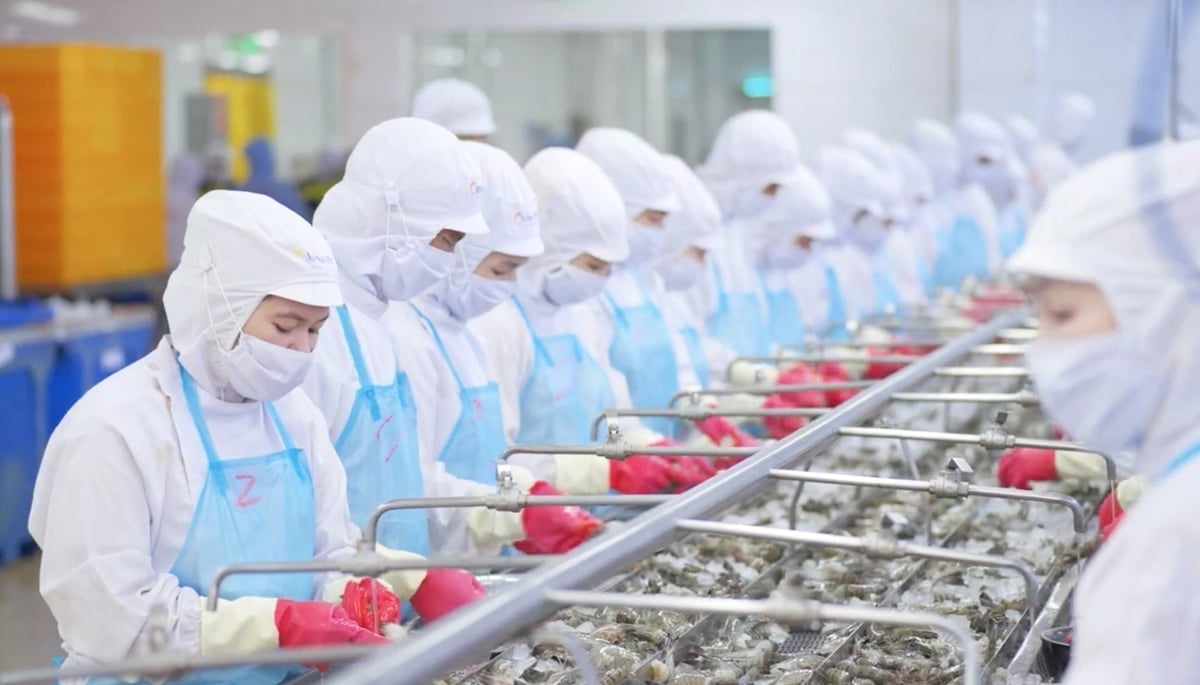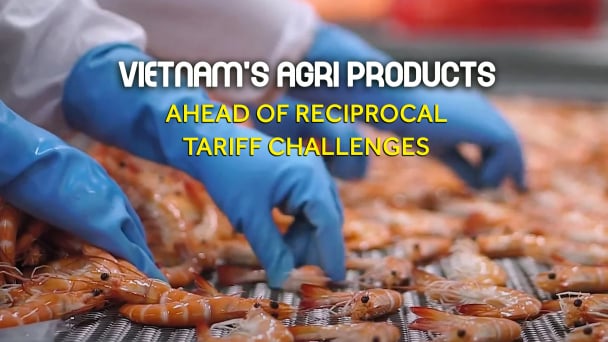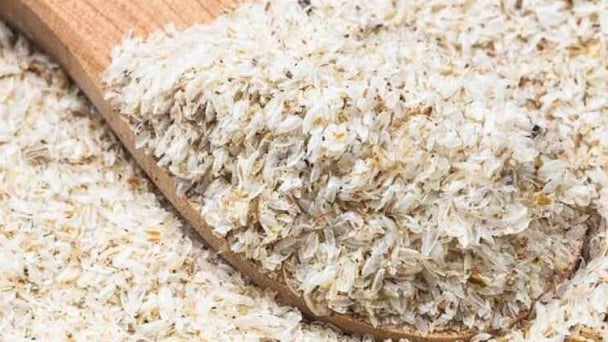May 29, 2025 | 20:07 GMT +7
May 29, 2025 | 20:07 GMT +7
Hotline: 0913.378.918
May 29, 2025 | 20:07 GMT +7
Hotline: 0913.378.918

Vietnam's key agricultural exports to Belarus include seafood, rice, cassava, cashew nuts, and tea. Photo: M.P.
With a growing economy and an open investment policy, Belarus is emerging as a promising destination for Vietnamese businesses and investors.
According to Vietnam’s General Department of Customs, the total revenue from bilateral trade between Vietnam and Belarus reached approximately 59.7 million USD in 2024, marking an increase of nearly 45% compared to 2023. However, this growth only partially reflects the cooperation potential between the two countries.
Notably, Ho Chi Minh City exported approximately 3.6 million USD worth of goods to Belarus in 2024, with key products including seafood, cashew nuts, machinery, and equipment.
Tran Phu Lu, Director of the Ho Chi Minh City Investment and Trade Promotion Center (ITPC), noted that given Vietnam's goal of strengthening international economic integration, actively researching new markets and expanding trade and investment partnerships are crucial for the country's sustainable development, particularly for Ho Chi Minh City.
The Free Trade Agreement between Vietnam and the Eurasian Economic Union (EAEU) presents a significant opportunity for Vietnamese businesses to access the Belarusian market and other countries in the region. The agreement eliminates tariffs on approximately 90% of export items, covering over 90% of the bilateral trade value.
Additionally, the visa exemption agreement for holders of ordinary passports between the two countries, set to take effect on January 30, 2025, is expected to strengthen diplomatic ties in addition to boosting cultural exchanges, trade, and tourism.

Kiryl Halantsou, Consul General of the Republic of Belarus in Ho Chi Minh City, delivering a speech at the seminar on "Promoting Trade and Investment in the Belarusian Market." Photo: Nguyen Thuy.
According to Halantsou, Belarus’ key exports to Vietnam in recent years have included pharmaceuticals, cosmetics, milk, and dairy products.
Similarly, imports into Belarus from Vietnam also saw a noticeable and steady increase. In the agricultural sector, Belarus primarily imports Vietnamese seafood, rice, cassava, cashew nuts, and tea.
"Rice, nuts, fruits, medical equipment, pharmaceuticals, clothing, seafood, and coffee are among the most favored products among Belarusian consumers. Additionally, several leading Belarusian businesses procure raw materials from Vietnam, including rubber, machinery, and electronics," Halantsou reported.
He emphasized the need for the business community from both countries to actively participate in trade promotion activities at various fair and exhibition events to strengthen comprehensive cooperation across multiple sectors.
Alexander Evdokimenko, a representative of the Belarusian Universal Commodity Exchange (BUCE), noted: "With over 35,000 buyers and sellers from 80 countries trading key commodities such as agricultural products, timber, metals, and chemicals, BUCE serves as a crucial channel for boosting trade between Belarus and Vietnam. This platform is especially important for products such as palm oil, fruits and vegetables, chemicals, pharmaceuticals, non-ferrous metals, rubber, protective clothing, rice, and grains."
According to data from the first seven months of 2024, the value of agricultural exports to Belarus increased by 18%, while imports rose by 8%. However, agricultural leaders from both countries agree that the current trade volume—approximately 100 million USD per year—is relatively limited compared to the production potential of both Vietnam and Belarus.
At the end of July 2024, an evaluation team from the Department of Animal Health visited Belarus to inspect the country's beef production chain at the invitation of Deputy Minister Ivanovich. Beef is among Vietnam’s prioritized imports, and both sides are working to finalize a quarantine certificate, thereby promoting the official import of Belarusian beef into Vietnam.
The official visit of Belarusian Prime Minister Roman Golovchenko to Vietnam in December 2023 paved the way for a more comprehensive partnership between the two countries. In 2023, total bilateral trade between Vietnam and Belarus reached 65.3 million USD. As of the first quarter of 2024, Belarus had invested USD 32.25 million in three projects in Vietnam.
Belarus operates an open economy, with exports accounting for more than 63% of its total goods and services. The country’s key exports include petrochemical products, machinery, metallurgy, wood and wood products, textiles, dairy and meat products, furniture, glass, fiberglass, and cement. On the other hand, Belarus primarily imports energy, raw materials, and components for machinery and technological equipment.
Both Vietnam and Belarus have a developed agricultural sector. While Vietnam excels in agricultural and food production, Belarus holds a competitive edge in agricultural machinery and various types of fertilizers.
Translated by Nguyen Hai Long

(VAN) Vietnamese shrimp exporters are actively looking for alternative markets and accelerating shipments to the United States in response to the pressure of impending reciprocal tariffs. This is occurring during a temporary tariff suspension.

(VAN) The import-export turnover between Vietnam and Singapore rose amid a trade rebound, with machinery, electrical equipment, and fuels making up the majority of the transaction value.

(VAN) Director General of the General Administration of Customs of China, Ms. Sun Mai Jun, has pledged to implement measures that will ease the import process for Vietnamese agricultural products.

(VAN) Although Vietnam is still increasing its coffee exports, the industry is currently in the process of determining market strategies in response to the U.S. imposition of reciprocal tariffs.

(VAN) With rising demand in Muslim-majority countries, Halal certification is becoming a critical passport for Vietnamese agricultural products seeking sustainable market access and consumer trust in the Middle East and Africa.

(VAN) Vietnam’s fruit and vegetable exports to the U.S. are rising sharply, and exporters are hoping that any upcoming reciprocal tariffs will be set at manageable levels.

(VAN) Despite meeting quality standards, Vietnamese rice bran exporters still face difficulties with administrative procedures under the new protocol.